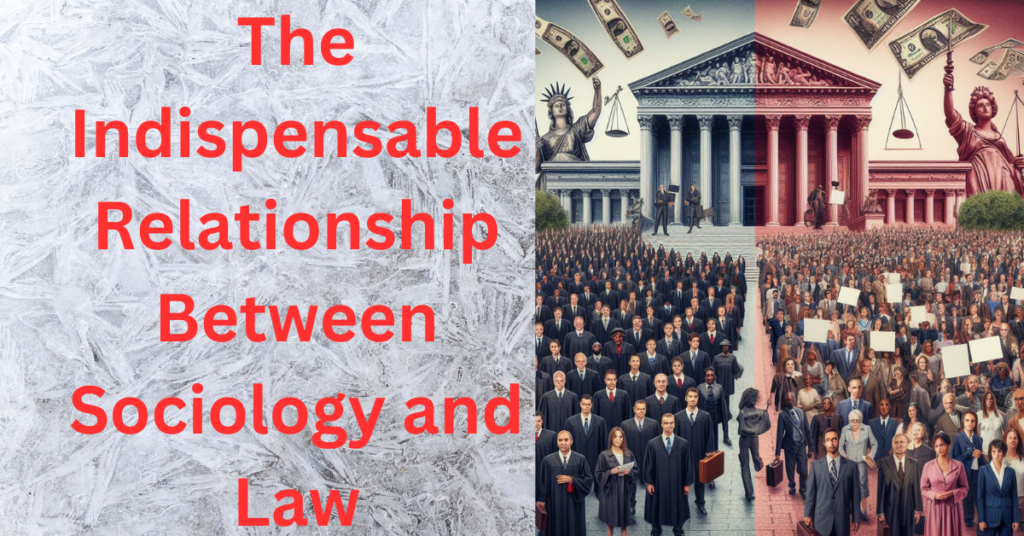Dr. Ashwani Kumar and Dr. Vikas Bhandari
“Love isn’t about satisfying each other; it’s about transforming and evolving together.”
The Complexity of Love
Love, in all its complexity, is difficult to define or categorize simply. At its heart, love is a profound affection—an intimate and evolving emotion that requires constant thought and attention. In romantic relationships, this affection is not something fixed; it changes and grows over time, influenced by the personal experiences and unique connections between partners. It’s a dynamic feeling that requires both partners to be actively engaged in nurturing it, allowing it to deepen and transform as they journey together. Love can be seen as dialectical in nature, often attracting contradictions. When individuals become familiar with these contradictions, the risk of withdrawing love from the relationship may increase. To maintain love, partners need to generate new contradictions and work to become familiar with them. The ability to continuously engage in this process helps sustain the love between partners. Initially, these contradictions can be thrilling, bringing a sense of excitement and connection.

Idealized Love vs. Reality
In an ideal modern relationship, love is seen as something that needs to be actively nurtured and cultivated. However, not everyone can maintain such idealized relationships. Many people find themselves staying with partners more because of societal expectations, responsibilities, or dependencies rather than genuine love. Maintaining relationships based on love is not practically possible for partners who are not intellectually engaged with each other. In contemporary Western societies, romantic relationships are often idealized, with great importance placed on finding and keeping a partner. Ironically, despite this focus, many romantic relationships struggle to last. The pressure to meet these expectations can sometimes overshadow the genuine emotional connection necessary for a relationship to thrive. In short, relationships based on love are often seen as the domain of the intellectual class, while the larger society, which often seeks structure to satisfy its needs, may struggle to achieve such connections.
The Influence of “Doxa”
One major factor that can lead to the fading of love is the influence of “doxa,” a term coined by Pierre Bourdieu to describe the unspoken social norms and beliefs that people often adopt without realizing it. Relationships based on love are often considered a modern activity, where individuals must make their own decisions. In traditional societies, relationships were typically guided by social institutions that helped maintain bonds without necessarily being based on love. In modern societies, there is often a false belief that one is in a loving relationship. These “love rules,” often perpetuated by media and popular culture, dictate how love should look and feel, shaping individual expectations and perceptions. This can lead people to enter relationships with preconceived ideas, rather than being authentic with their partners. Such a mindset can create unrealistic expectations and prevent love from naturally evolving and deepening. Instead of allowing love to grow organically, people sometimes try to fit it into a mold dictated by societal norms, ultimately hindering true connection and intimacy. Modern institutions also succeed in developing a new modern doxa that keeps individuals alienated from truly loving relationships, binding them instead with responsibilities, roles, and other obligations.
The Commodification of Love
Modern doxa often emphasizes superficial standards and expectations, placing a higher value on outward appearances and material wealth rather than genuine emotional connection. The widespread influence of media and popular culture frequently paints an idealized picture of love that is unrealistic and unattainable. This portrayal can lead people to prioritize certain types of capital—such as physical attractiveness, social status, and financial wealth—over the deeper, more meaningful aspects of a relationship. In doing so, individuals may unintentionally prioritize the interests of the market over their own emotional well-being, focusing more on how their relationships appear from the outside rather than how they feel on the inside.
The Consequences of Superficial Love
This phenomenon is evident in the way modern society often commodifies love. The commercialization of romantic relationships is pervasive, with industries built around dating apps, romantic getaways, and even relationship coaching. While these services can be helpful, they often promote a superficial understanding of love, one that prioritizes external markers of success over genuine emotional connection. This focus on capital can lead individuals to seek validation and fulfillment through material possessions and social status rather than through meaningful connections with their partners.
The problem with this approach is that it can lead to a shallow and unsustainable form of love. When individuals prioritize material wealth and social status over emotional connection, they may find themselves in relationships that lack depth and substance. This can lead to a cycle of dissatisfaction and disillusionment, where individuals continually seek new partners in an attempt to find fulfillment. However, true fulfillment in love cannot be found through external markers of success; it must come from within.
Cultivating Enduring Romantic Love
To cultivate enduring romantic love, it is essential to move beyond doxic behaviors and embrace a more integrative and personalized approach. Love requires the willingness to adapt, grow, and evolve with one’s partner, promoting new understandings and accepting each other’s evolving contradictions. It is not enough to simply be informed about romantic love or to adhere to societal norms. What is truly needed is a thoughtful, individualized approach that prioritizes genuine connection and adaptability.
This means moving away from the commodification of love and towards a more authentic and holistic understanding of romantic relationships. It requires a willingness to look beyond the superficial aspects of a relationship and to focus on the deeper, more meaningful aspects of emotional connection. This can be challenging, especially in a society that often prioritizes external markers of success over genuine emotional fulfillment. However, it is essential for cultivating meaningful and lasting relationships.
Challenging Modern Doxa
In this context, it is crucial to recognize the limitations of modern doxa and to challenge the norms and beliefs that it promotes. This means being critical of the messages that we receive from media and popular culture and being mindful of the ways in which they shape our expectations and perceptions of love. It also means being willing to question our own beliefs and assumptions about relationships and to be open to new ways of thinking and being.
Ultimately, the key to cultivating enduring romantic love is to prioritize genuine emotional connection over external markers of success. This means focusing on the deeper, more meaningful aspects of a relationship, such as trust, communication, and mutual respect. It also means being willing to adapt and grow with one’s partner, embracing the evolving nature of love and being open to change. The complexity of love cannot be reduced to a set of superficial standards or societal norms. It is a deeply personal and evolving dialectical process that requires continuous effort and engagement. By moving beyond doxic behaviors and embracing a more authentic and holistic understanding of love, individuals can cultivate meaningful and lasting relationships that transcend the superficial expectations set by modern society. In doing so, they can find true fulfillment and happiness in their romantic connections, creating a foundation for a more authentic and fulfilling life. It is through this deeper understanding and rejection of doxic influences that one can truly appreciate the essence of love as a dynamic and transformative force. Overall, we can say that maintaining relationships based on love may not be feasible for the larger masses. This might be why social institutions try to develop a doxic attitude among partners to maintain stability in their relationships.
The views and opinions expressed by the authors in this article are their personal opinions and do not represent the views of PureSociology. You can contact the author/s at [email protected]. The details of the authors are:
Dr. Ashwani Kumar & Dr. Vikas Bhandari are Assistant Professors in Sociology and Political Science respectively.


